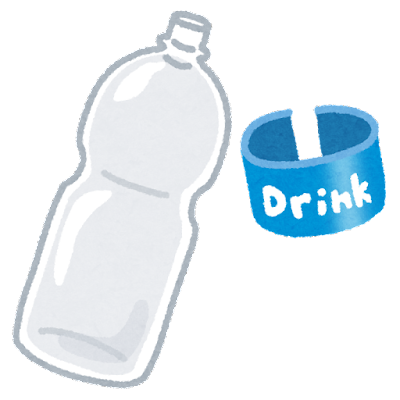
Since Japan is often mistakenly seen as reluctant to recycle, I would like to discuss this.
Currently, Japanese supermarkets and convenience stores charge for plastic bags. Some stores still offer them for free, but there have been debates on this issue.
How much resources can we save by reducing the use of plastic bags? Of the petroleum consumed in Japan, only 2.7% is used to produce plastics, and of that, plastic bags in turn account for 2.2%. In other words, plastic bags consume only 0.05% of petroleum. Even if this percentage were reduced to zero, it would have little impact on resource savings. This is because the material for plastic bags, polyethylene, is derived from naphtha, which is a byproduct of petroleum refining and was previously treated as waste. Even if the use of plastic bags is discontinued, it would have little effect on petroleum consumption.
In addition, waste incinerators in Japan are capable of withstanding high temperatures of over 800°C. Waste heat from the incinerators is used to generate electricity and heat water, and nearly 90% of the waste heat is recovered as energy.
The recycling rate for PET bottles in Japan was 86.0% in 2021. In comparison, the recycling rate for PET bottles in Europe in 2019 was about 57.5% (although this is already somewhat outdated data). PET bottles for beverages have plastic labels that can be easily peeled off. The Japanese remove the labels and caps and forward the PET bottles for recycling.
In Japan, candy is often sold in multiple packages. This is also due to the climate in Japan. Due to the high humidity, extra packaging is required in some cases to protect the products from moisture. Therefore, it is not possible to eliminate packaging completely.
People in Japan make it a point to look at environmental issues on a scientific basis, rather than emotionally, and find better solutions.
*The work of Japanese economist Nobuo Ikeda was used as a reference.












